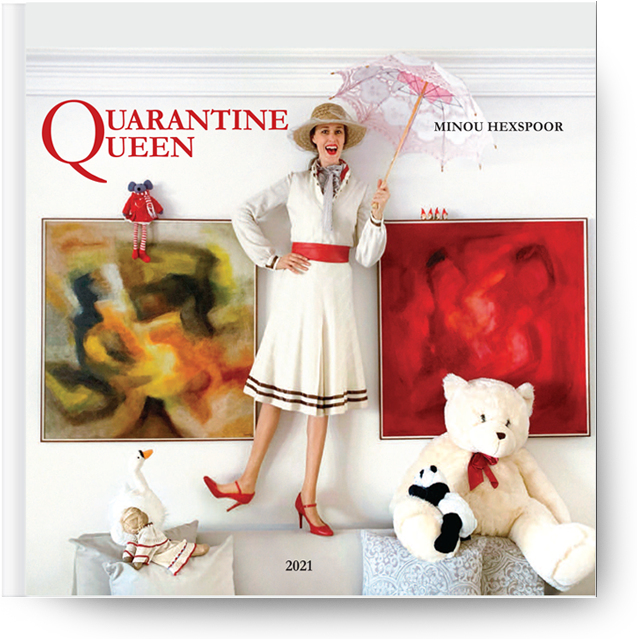Table of Contents
So, what’s all the fuss about Mindset?
It pops up everywhere, in motivational quotes on Instagram, someone telling you that your mindset is too negative, or people saying that what you are going through is just between your ears. Mindset became short for: stop being negative, start being positive and everything will be alright.
But I can hear a lot of people think: Yeah, right. If it was just that simple. And they are right, it really isn’t that simple because if it was, we’d all be living happily ever after. So let’s have a closer look at that, because aside the point that we are made to believe that everything will be handed to us on a silver platter as long as we believe in it, the risk is that we really start feeling we are not allowed to experience negative emotions and that everything can be solved with a smile and walk in the park.
If it is not about being positive (yeah, I am so happy) or negative (man, I feel so bad today), what is Mindset really about? Your Mindset is your brain’s Fuel. In other words: your mindset determines what kind of solution your brain is going to look for.
For example: You are being offered a marketing consultancy that is bigger than anything you ever did before, it could really lift your career to the next level, but it is way beyond your current experience level and it will push you far out of your comfort zone.
What is your very first inner reaction to the offer? What do you feel or think? Let’s have a look at four different people and their reactions:
Anna: “OMG, this is way too difficult. What if I can’t do it and I will fail in delivering what they are looking for? I can only dream of this! So many others are better than me.” – The feelings she might experience with those thoughts are fear and self-doubt.
Stephen: “You know what? I am going to prove to them that I can do the job, whatever it takes. I don’t care what I’ll have to do for it, I’m going to fight for it and show everyone that I can do this!” – The feelings of Stephen are probably along the lines of pumped up fighting feelings and a desire to prove himself to the world.
Eveline: “Hmm, maybe this is not for me, but I know someone who really needs it and who would do a great job. Maybe I should tell him about this job, it would make him really happy!” – Here, her feelings are maybe self-doubt, but also compassion and care for someone she loves.
Jax: “What a great opportunity! This is what I have prepared for all this time and I think we could create a great working relationship that might also be promising for more collaboration in the future!” – With this kind of thinking, Jax will probably feel confident and excited.
Consequences
Based on the four options in the example, it’s not very difficult to predict what kind of reactions the four different people will have to the offer.
Anna will probably let it pass and look out for something not so difficult, even though she might have dreamed of getting the job.
Stephen will go for it, apply and if he gets the job, put all his energy into getting it done!

Eveline will, most likely, send the offer to her friend and feel very happy she was able to help. She might feel she could have tried, but hey, her friend is really in need.
And Jax, Jax will apply, looks forward to connecting with the client and probably contact them to discuss the opportunity.
Needless to say that although they all had the same offer, the actions and outcomes of each person were completely different just because of their thoughts and feelings.
Back to Mindset.
Although it might seem that the above outcomes are based on a negative or positive attitude towards the job offer, that’s not really what is important here. The important thing is, that thoughts directly create our feelings, and that those thoughts and feelings are the fuel for our actions. This doesn’t mean that you can’t feel afraid about what is going on, like Anna, it means that if Anna had been consciously aware of how her thoughts and fears were influencing her actions, she might have been able to change the outcome. And that is what mindset is all about. About recognizing what you are thinking and feeling, how that is influencing your choices, addressing your fears/blocks and then ultimately, creating the most optimal thoughts about the situation and yourself (the job offer) that make you respond most effectively.
Now What?
But… how to start? Most of our thoughts just happen. It is what our brain does: making thoughts, so we can make sense of the world. So how can you create more options than you think you have in any situation?
- Be aware of the thoughts about yourself or a situation. Ask yourself: what thoughts am I having about this?
- How do those thoughts make me feel and act?
- Ask yourself: what are the ideal thoughts I would want to have about myself or the situation?
- How do those thoughts make me feel?
- Choose your thoughts and PRACTICE: whenever the thoughts of number 1 show up during the day, be aware of them, acknowledge that the feelings that come along are normal based on what you are thinking, and then use your Brain Power: shift to your preferred set of thoughts (number 3).
How would your feelings and actions change based on the new fuel you are giving your brain?
And that is how and why Mindset plays a major role in being successful: know what you think, acknowledge how you feel, use your brainpower to create the ideal thoughts, and only then: act.

